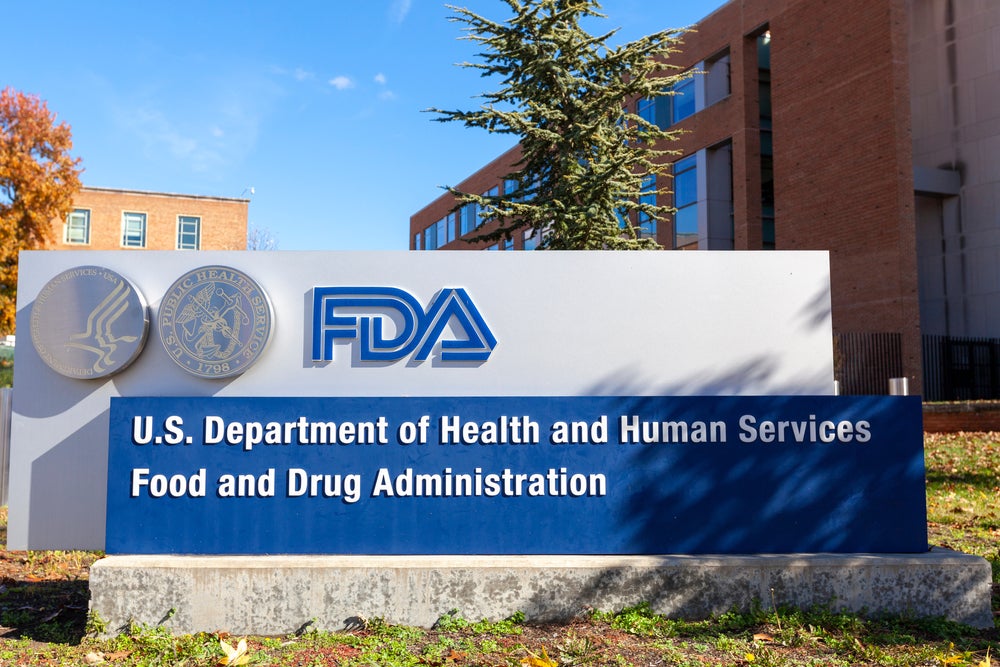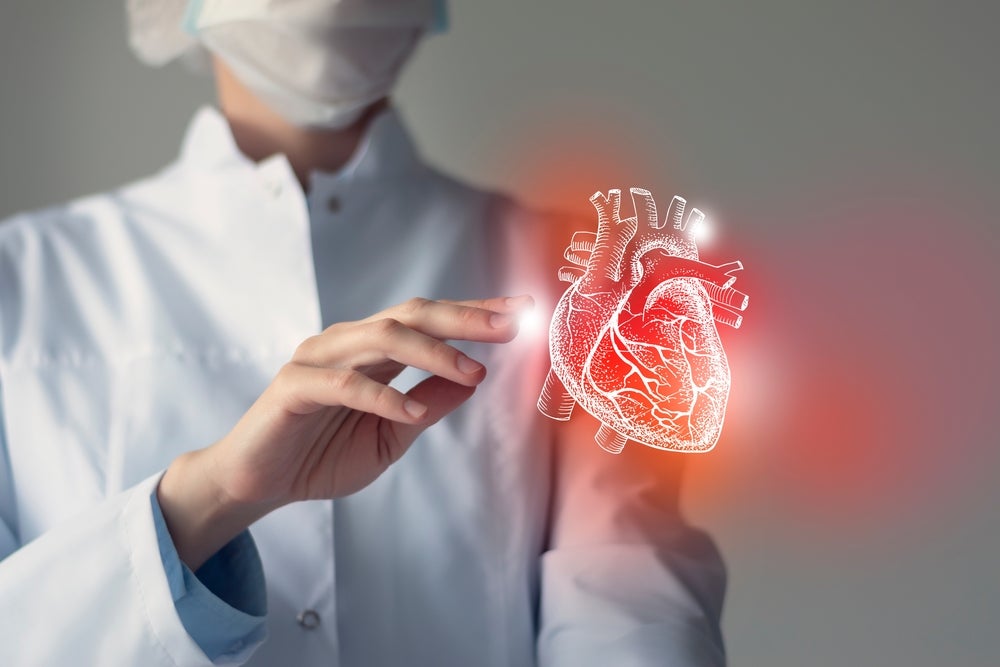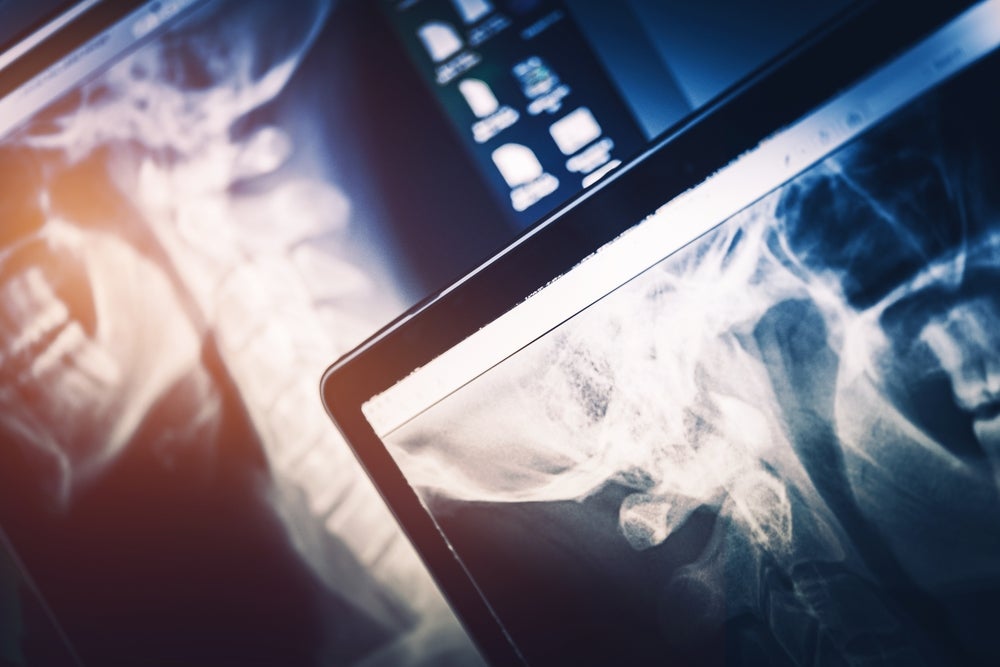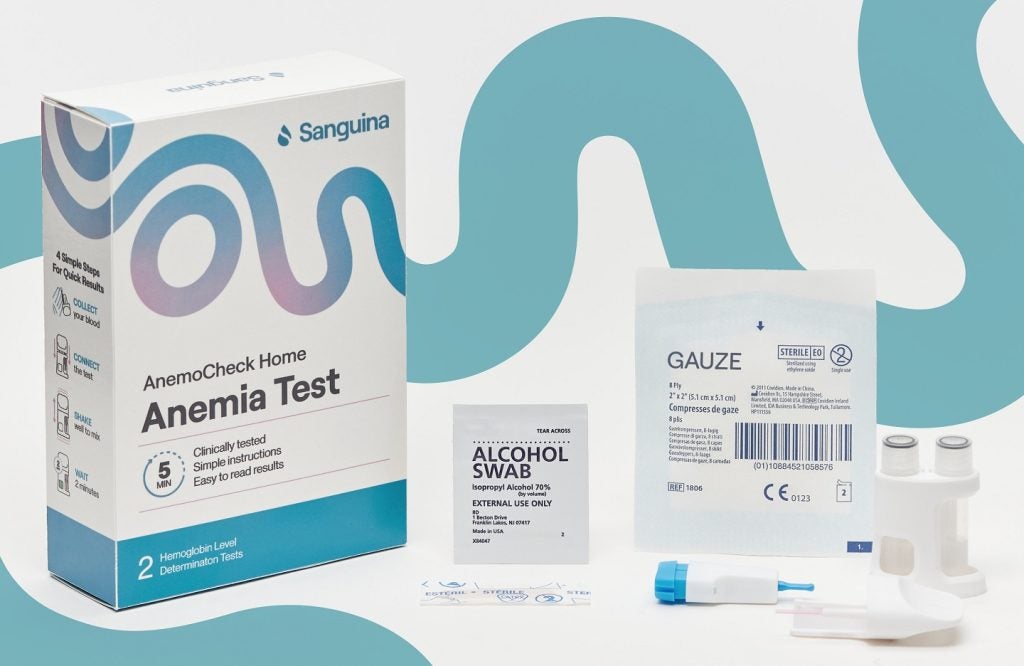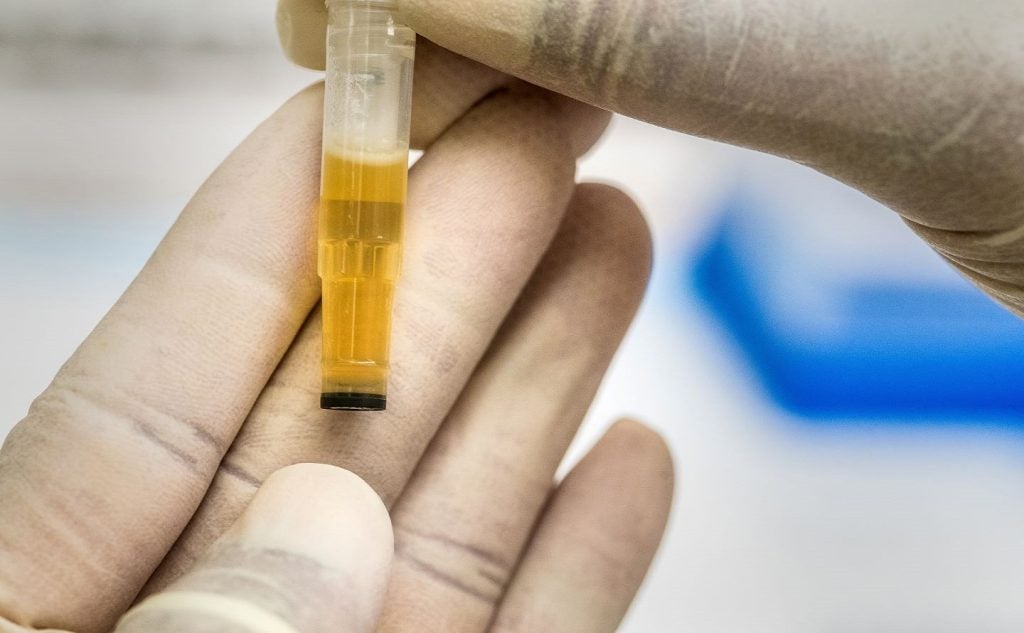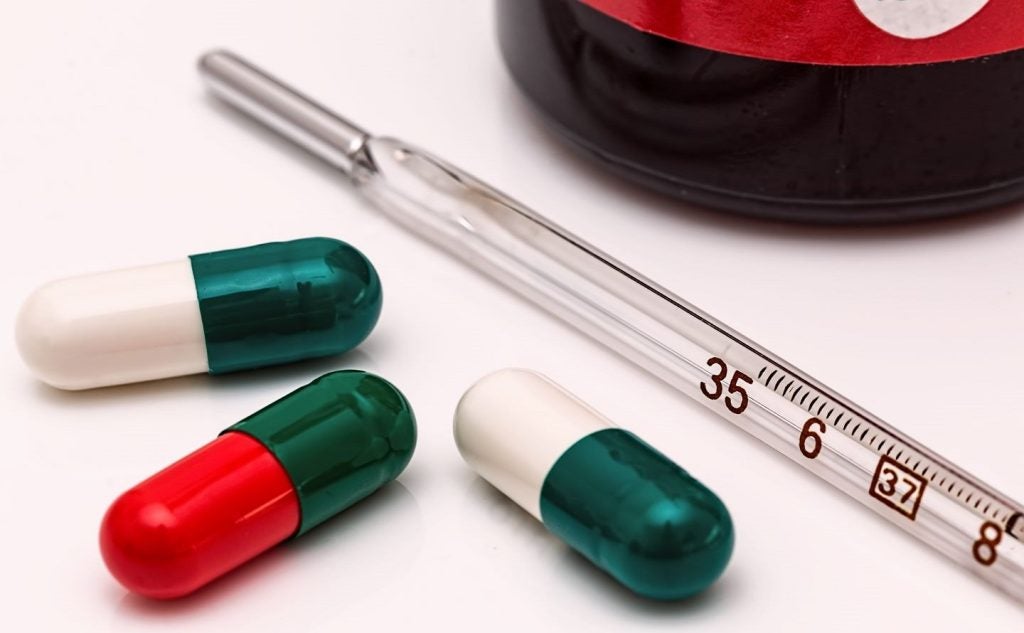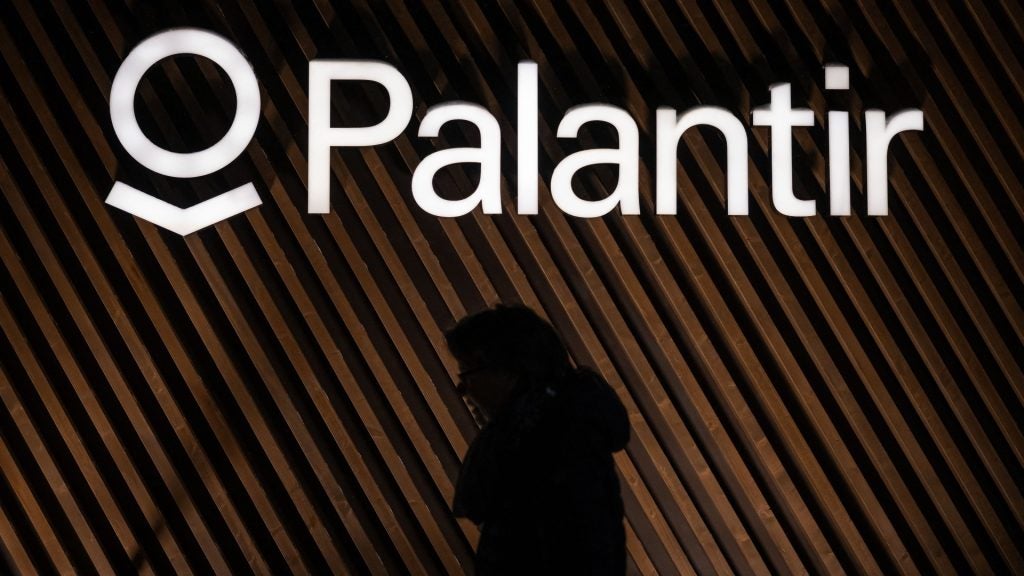The US Food and Drug Administration (FDA) is expanding the Total Product Life Cycle Advisory Programme (TAP) to neurological and physical medicine devices, to accelerate device development in neurological and physical medicine technologies.
The aim of the programme is to supply US patients with high-quality and safe medical devices by harnessing early communication between the FDA and device sponsors. The TAP programme was previously only exclusive to cardiovascular devices.
The TAP pilot is one of the medical device user fee and modernisation act (MDUFA V) agreements between the FDA and industry. The MDUFA is a set of agreements between the FDA and the medical device industry to provide funds for the office of device evaluations to review medical device submissions.
Initially, the industry was against the advisory programme, but the FDA’s office of cardiovascular devices enrolled twelve devices last year, the first year of the pilot. Now that the FDA has expanded the programme to cover the office of neurological and physical medicine devices, the agency is hoping to quadruple the number of devices enrolled in the pilot.
In Q1 2025, the FDA plan to incorporate an additional four offices to the programme and enrol up to 65 more devices.
Collaborating organisations include the congress of neurological surgeons, the American Medical Association (AMA), and the American Association of Neurological Surgeons (AANS).


